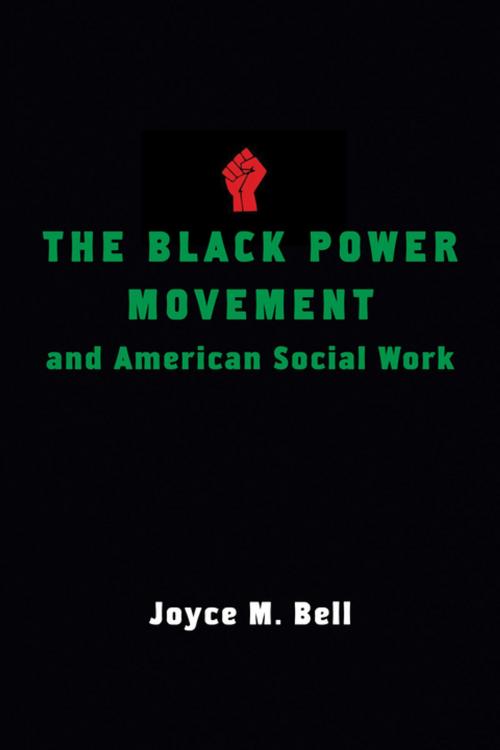The Black Power Movement and American Social Work
Nonfiction, Social & Cultural Studies, Social Science, Social Work, Cultural Studies, Ethnic Studies| Author: | Joyce Bell | ISBN: | 9780231538015 |
| Publisher: | Columbia University Press | Publication: | June 17, 2014 |
| Imprint: | Columbia University Press | Language: | English |
| Author: | Joyce Bell |
| ISBN: | 9780231538015 |
| Publisher: | Columbia University Press |
| Publication: | June 17, 2014 |
| Imprint: | Columbia University Press |
| Language: | English |
The Black Power movement has often been portrayed in history and popular culture as the quintessential "bad boy" of modern black movement-making in America. Yet this impression misses the full extent of Black Power's contributions to U.S. society, especially in regard to black professionals in social work.
Relying on extensive archival research and oral history interviews, Joyce M. Bell follows two groups of black social workers in the 1960s and 1970s as they mobilized Black Power ideas, strategies, and tactics to change their national professional associations. Comparing black dissenters within the National Federation of Settlements (NFS), who fought for concessions from within their organization, and those within the National Conference on Social Welfare (NCSW), who ultimately adopted a separatist strategy, she shows how the Black Power influence was central to the creation and rise of black professional associations. She also provides a nuanced approach to studying race-based movements and offers a framework for understanding the role of social movements in shaping the non-state organizations of civil society.
The Black Power movement has often been portrayed in history and popular culture as the quintessential "bad boy" of modern black movement-making in America. Yet this impression misses the full extent of Black Power's contributions to U.S. society, especially in regard to black professionals in social work.
Relying on extensive archival research and oral history interviews, Joyce M. Bell follows two groups of black social workers in the 1960s and 1970s as they mobilized Black Power ideas, strategies, and tactics to change their national professional associations. Comparing black dissenters within the National Federation of Settlements (NFS), who fought for concessions from within their organization, and those within the National Conference on Social Welfare (NCSW), who ultimately adopted a separatist strategy, she shows how the Black Power influence was central to the creation and rise of black professional associations. She also provides a nuanced approach to studying race-based movements and offers a framework for understanding the role of social movements in shaping the non-state organizations of civil society.















